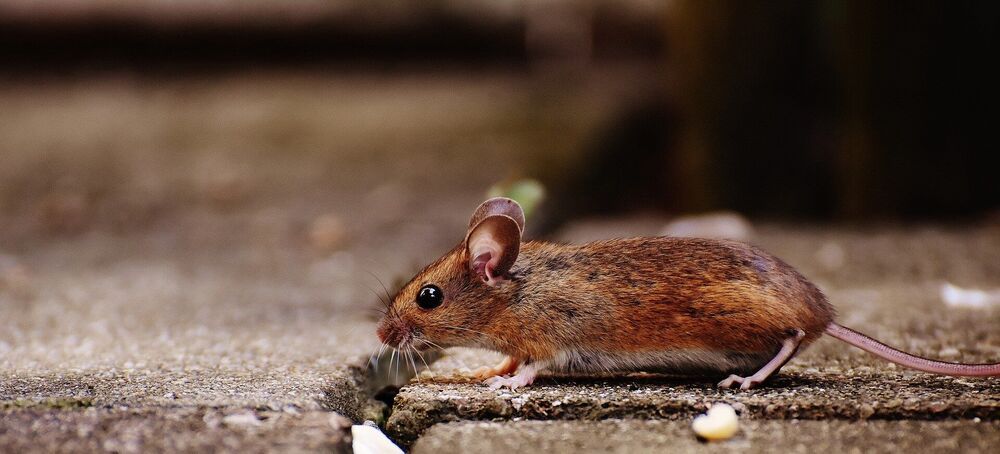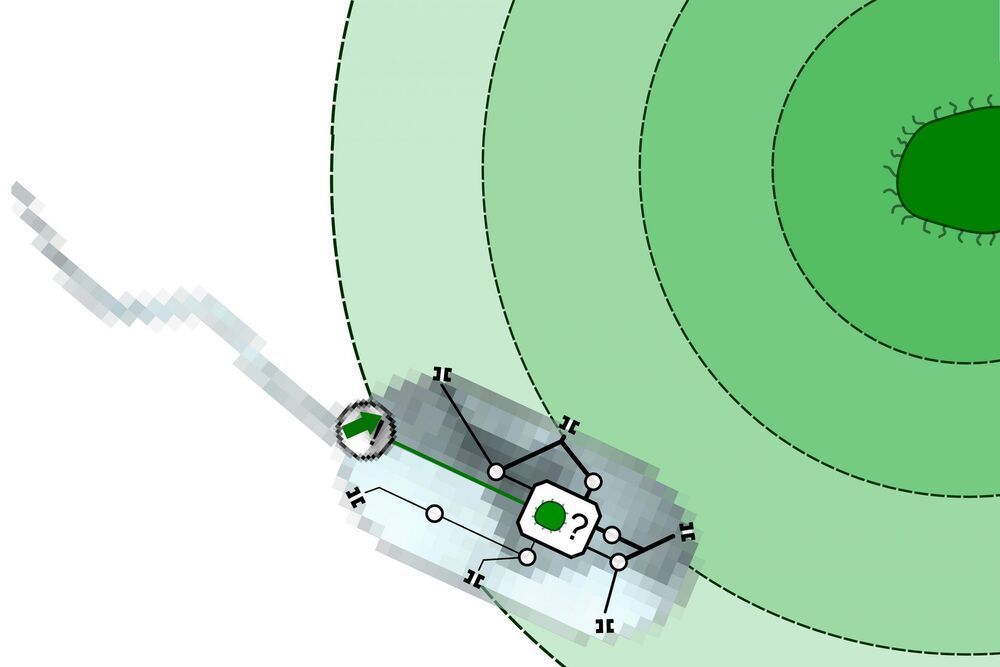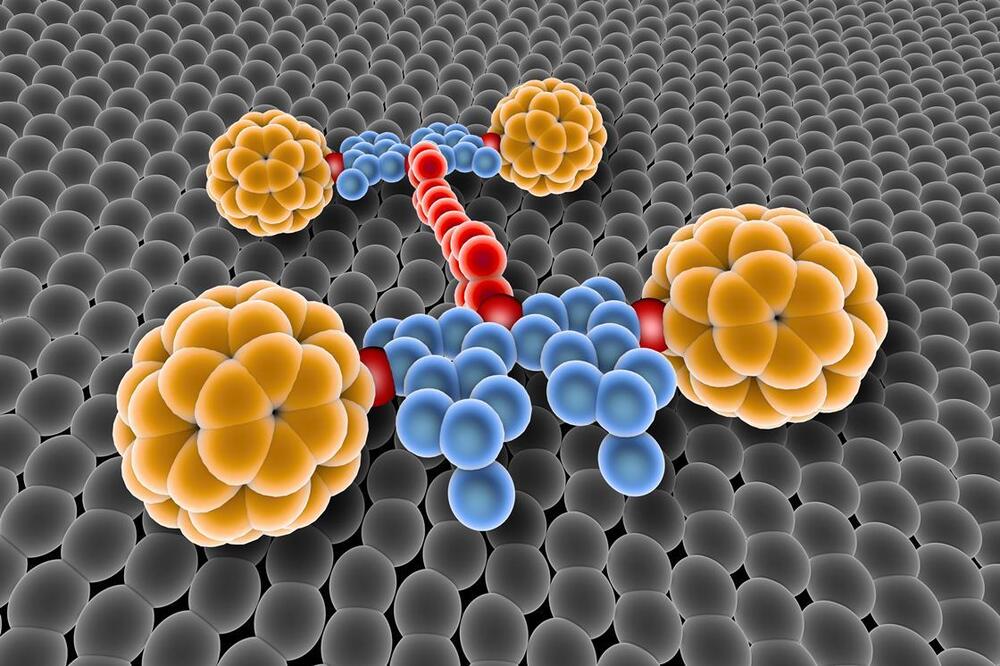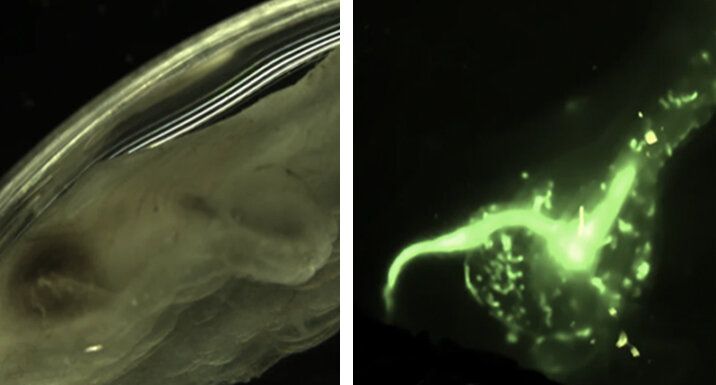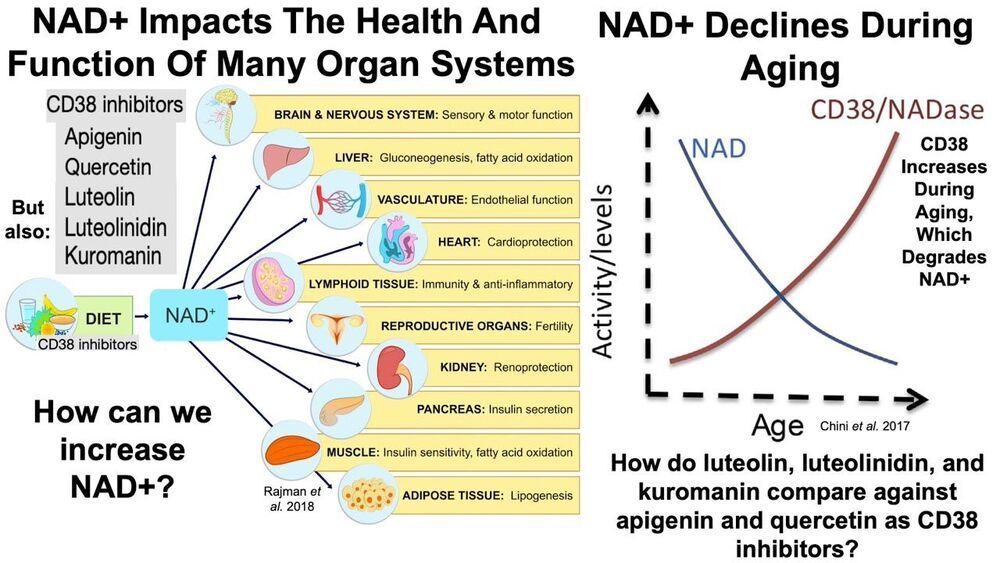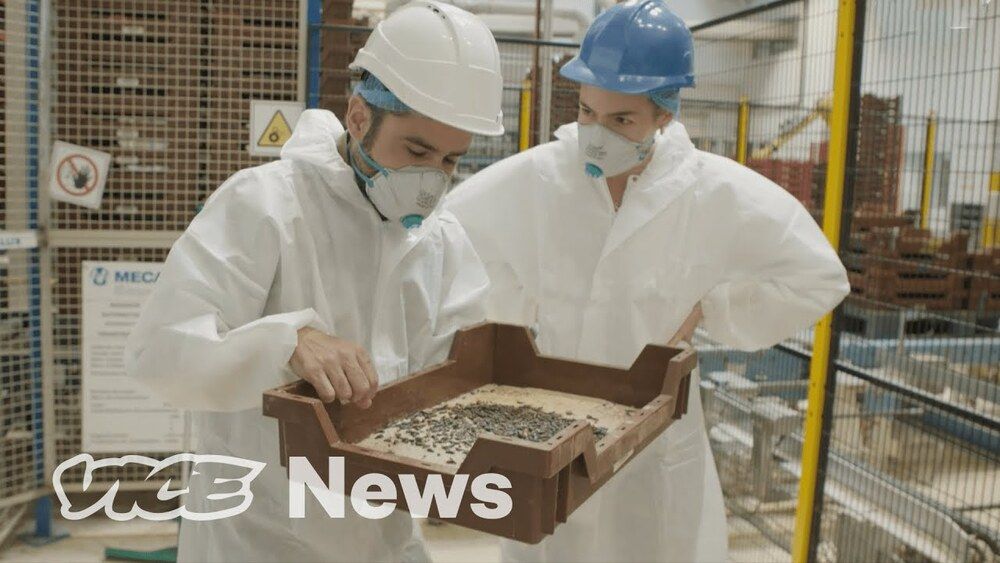May 25, 2021
Intermittent fasting in mice effective at promoting long term memory retention
Posted by Kevin Huang in categories: food, life extension, neuroscience
Might interest some.
A new study from the Institute of Psychiatry, Psychology and Neuroscience (IoPPN) at King’s College London has established that Intermittent Fasting (IF) is an effective means of improving long term memory retention and generating new adult hippocampal neurons in mice, in what the researchers hope has the potential to slow the advance of cognitive decline in older people.
The study, published today in Molecular Biology, found that a calorie restricted diet via every other day fasting was an effective means of promoting Klotho gene expression in mice. Klotho, which is often referred to as the “longevity gene” has now been shown in this study to play a central role in the production of hippocampal adult-born new neurons or neurogenesis.
Continue reading “Intermittent fasting in mice effective at promoting long term memory retention” »
